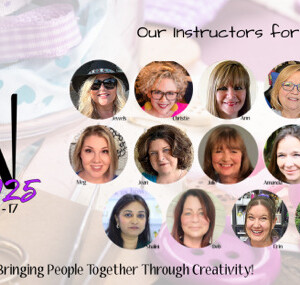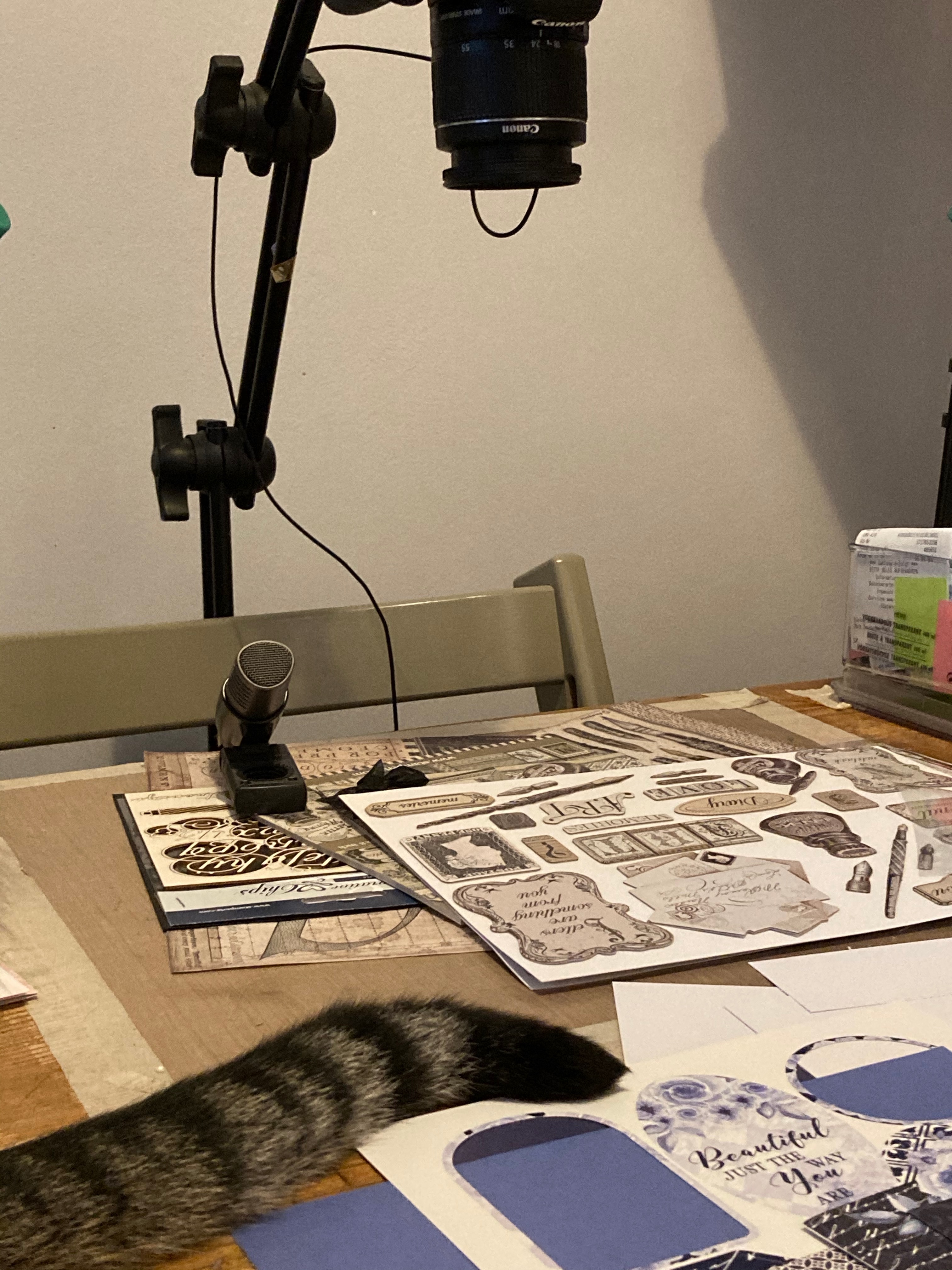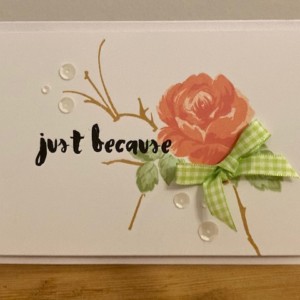Despite yesterday’s rain—and I mean, rain—I headed out for my almost-daily walk in the Vondelpark, part of my goal to get rid of this mushy post-baby stomach. I took Keith’s iPod and listened to the World Book Club podcast, one of my favorites. The World Book Club is part of the BBC, and each month they interview a writer. The audience can ask questions, and listeners can email in comments.
This month it was Irish writer Colm Toibin, discussing his novel Brooklyn. I thought I had read some of his work in my Irish Literature class in high school but weirdly got him mixed up with someone completely different. Anyway, I haven’t read anything of his, ever—so it was interesting to hear him.
Brooklyn is about a young Irish woman who immigrates to the United States—Brooklyn, specifically—in the 1950’s. Now, I haven’t read the book but what really interested me about this podcast was Toibin’s response to two reader questions.
The first was about research on the topic of Irish immigrants. A reader asked if Toibin had interviewed people who’d emigrated during the 1950’s, or what kind of research he’d done in order to write the book. He said he hadn’t done anything as official as going around interviewing people. His point was—and he said—sometimes a lot of research isn’t necessary; sometimes a single point of inspiration is enough, and maybe better, than a whole lot of interview notes. I think that’s really interesting—I often feel that I’ve got to have this, and look up that, and prepare for this all before actually getting into the work itself. Maybe less preparation can allow more imagination.
The other question was about telling the story of a young woman living in what we would now consider a more limiting life—certainly, women in America have made strides since the 1950’s. (I hope.) But why not write about a young man in the same situation? Someone with arguably more social freedom and opportunities for adventure?
Toibin’s answer was that it was precisely the set of limitations on a young woman emigrating in the 1950s that was such a wonderful opportunity for a story. If it had been about a young immigrant man meeting up with his friends and going for a pint in the local pub, he said, it simply wouldn’t have been as interesting.
Lately I’ve been thinking about limitations—the good kind, which is probably why I picked these two points from the interview. We tend to think art, and artists, flourish under circumstances that have no limits or boundaries, but I often wonder about the value of limits. How only a bit of information can inspire the imagination much more than full research, and how limits can give us more interesting stories in the end.
Something to think about…




